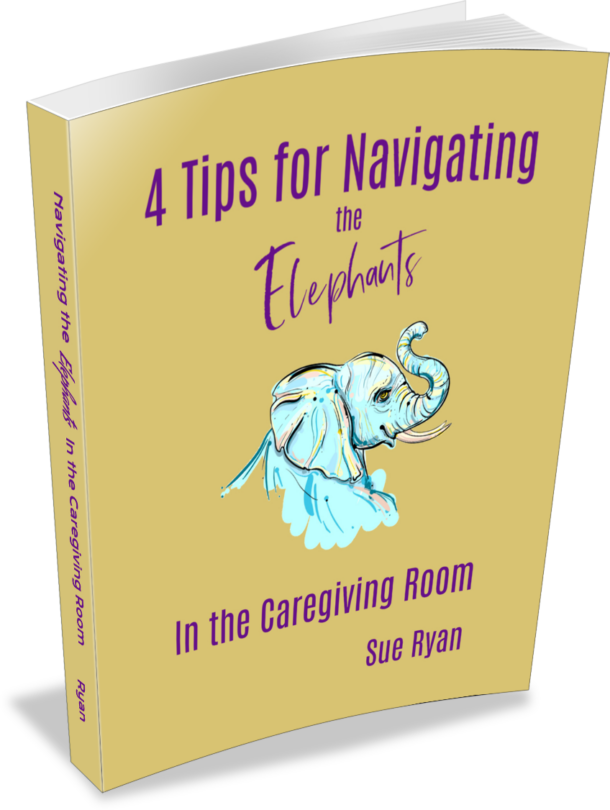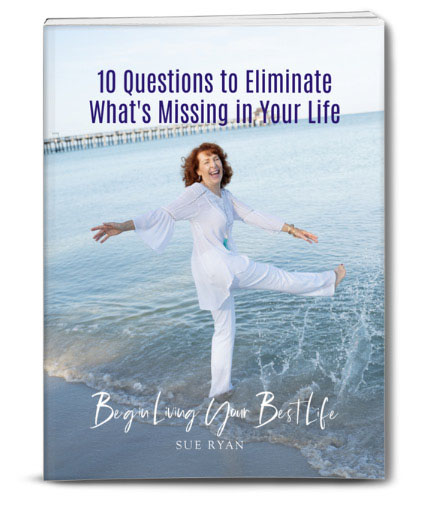
It was a very cold February evening in Chicago, IL. I was driving home from a memorial service for one of my best friends, Amy*, who had passed away after a very brave and short battle with lung cancer. I was one of more than 3,000 who attended her memorial service. Many of the attendees were students in whose lives she had made a positive impact as a high school teacher. I was in my early thirties and had never had someone so close to me, both in age and friendship, pass away.
Amy had been struggling with a cold that just wouldn’t go away. Our circle of friends encouraged her to get a chest x-ray so pneumonia could be ruled out. It wasn’t pneumonia; it was stage 4 lung cancer. The news shocked all of us. We were filled with powerful emotions including fear, frustration, disbelief, helplessness, confusion, anxiety, sadness, and yes, anger. Amy tried everything possible and nothing worked. During her service, several of us sat together and kept looking at each other through many of those emotions we still hadn’t processed that were now combined with deep grief.
As I drove home, I had a strong feeling that something seemingly so senseless could not be without a purpose. Amy wouldn’t have been in my life, and her experience would not be part of my life, if there wasn’t a lesson in it for me. I spoke out loud in my car and said: “I accept that this happened to Amy. I know there must be a lesson for me in my life from this experience and I don’t know what it is. Please teach me.”
Choice

Several days later, as I drove to work, I heard a voice and it seemed like it was speaking out loud to me from the back seat of the car. The word I heard was ‘choice’. Along with the word seemed to come a learning. No matter what Amy did, choice was taken away from her. No choice she made would save her life. Every day I am alive, I am living with choice; I get to choose how I live my life.
From that moment forward, I began consciously choosing how I live my life. I choose every day to see beauty and the potential in even the smallest of things. I choose to be happy and share happiness. I live my life feeling gratitude for kindness and compassion for weakness. Every day I seek to be part of the solution. Rather than a manic intensity to it, there is just a peaceful feeling that I have the gift of living my life through the choices I make.
Do I always make the wise choice – no. Does this mean I am always happy – no.
What does this mean and what does this have to do with caregiving?
Every day, and with every caregiving experience, I get to choose my perspective. I can be angry at the disease or diagnosis. I can believe it’s not fair. I can see each change as something terrible and constantly be a blend of angry, sad and frustrated. I can, and I choose not to, live through that perspective.
I choose to see the situation for what it is, look for the positive, and look for the potential. Even in my most challenging moments, I choose to focus on how to maximize the positive potential rather than focusing on what is bad and wrong.

“This sounds like you look at life through rose colored glasses.”
One day, in a caregiving support meeting, I shared my perspective. Several people said my perspective was impractical, like I was sticking my head in the sand. Someone sitting next to me said “This sounds like you look at life through rose colored glasses.” I respect their opinion. There is a difference between their meaning behind the phrase they used and what rose colored glasses actually do. I have learned the importance of living my life through having my own clear understanding of labels and phrases, so I shared the distinction I had learned and how I use it.
There is a definition of the phrase “looking at the world through rose-colored glasses” that includes what the individual in our meeting believed – it is defined as being excessively optimistic or positive.
This isn’t who I am, how I live my life, or how I encourage you to consider living yours. I don’t make light of how serious situations are, in any area of my life. I choose to live with as much clarity as possible – the actual definition of what rose colored glasses do!
My perspective originated from the actual benefits of glasses lens’ with a rose-colored tint. Rose-colored lens’ improve visibility, detail, and contrast, while reducing eye strain. They are most helpful when you want to be sure of your footing, so you make the best choice. They help you see more clearly.
When I look at situations through ‘rose colored glasses’, I am making sure I am not reacting from an emotion – positive or negative – that blocks my ability to make a wise choice. On the contrary, I am removing any obstacles that cloud my ability to make the wise choice.
Here is a recent example. My husband, Jack, now lives in a memory care facility where he gets the level of professional support that helps him have the most positive experiences with his diagnosis of Alzheimer’s disease. Recently, he has begun losing the ability to connect with seeing the food on the left side of his plate. He has the vision, not the connection. Is this serious? Yes. Is it a clear signal of the advancement of the disease? Yes.
How do I choose to look at this situation? Through my massive acceptance – absolute and complete acceptance – of his disease and everything surrounding it. It’s not going away. Through staying radically present to each experience in his day for what he is still able, and no longer able, to do. I don’t project the unknown of what might come next, I focus on maximizing what we can do to make the present as positive for him as possible. I don’t judge what’s going on, and I don’t invest energy in wishing this wasn’t happening. It is.
Jack’s pattern of lack of recognition of food on the left side of his plate was something new I had never experienced, and I knew nothing about it. Accepting this was what his experience would be moving forward, I began to learn about what causes it and what to do so I could work with our team to determine how we can most effectively work together to support him. My ‘rose-colored glasses’ are the clarity of visibility of observation, focusing on the details and not ‘straining’ through the distraction of wishing this wasn’t what was happening. Looking through my rose-colored glasses, I am able to make wise choices because I am sure of my footing. How have we applied this to Jack’s dining experience?
Quite simply. We now rotate his plate several times throughout his meal so he can always see his food. He’s able to eat his entire meal. I feel great about how we are working together and that we are able to maximize Jack’s experience, so he stays calm.
With this experience, I realized another valuable lesson, a deeper lesson about living life through choice and rose-colored glasses. Jack didn’t choose the disease of Alzheimer’s and the impacts it has on his life. His ability to intentionally choose continues to be taken away from him. As a caregiver, I become more and more responsible for helping him live his best life through choices. The more clearly I am able to observe him, the more I am able to make choices for him so he lives his best life.
I feel great about the way I live my life through choice and see our world through rose colored glasses.




0 Comments